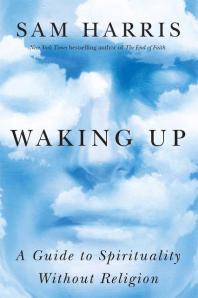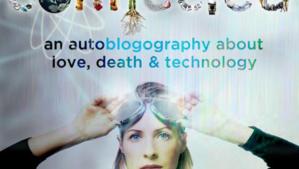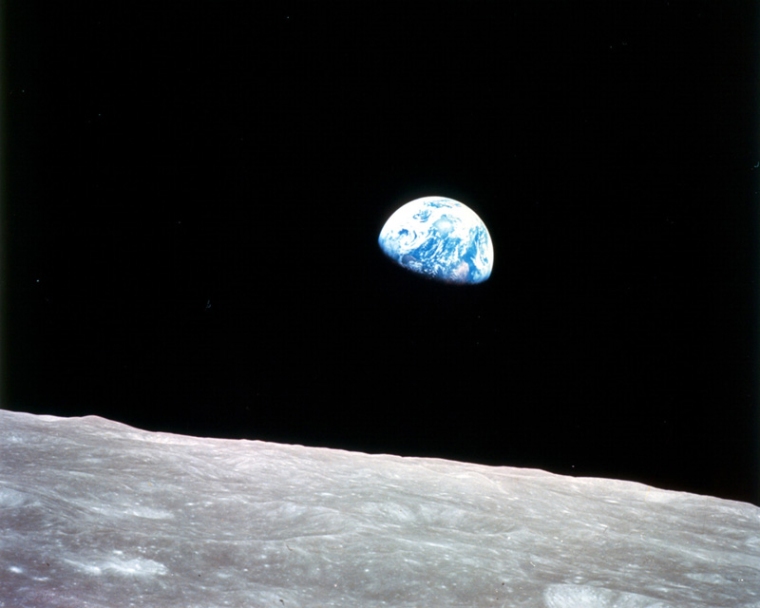Over 100 MOOCS Getting Started in September! Enroll in One Today!
MOOC (Massive Open Online Courses) provides many interesting, illuminating courses in different areas. The courses are free and also can be a smart way to procrastinate. Summer craziness is over, take your chance today! For further information take a look on MOOC list below.
.
TED’s Best Of The Week! Chimamanda Ngozi Adichie: The danger of a single story
Chimamanda comes from a conventional, middle-class Nigerian family. In an extremely articulated talk, she speaks about generalizations. Are generalizations helpful? Can we function without them? Is that a default in the way we think and perceive the world? If this TED talk she posit on this issue in a curious and enlighten way. Thus far she manages to capture the attention of more than seven million people, who will be next?
“I left Nigeria to go to university in the United States. I was 19. My American roommate was shocked by me. She asked where I had learned to speak English so well, and was confused when I said that Nigeria happened to have English as its official language. She asked if she could listen to what she called my “tribal music,” and was consequently very disappointed when I produced my tape of Mariah Carey. She assumed that I did not know how to use a stove. What struck me was this: She had felt sorry for me even before she saw me. Her default position toward me, as an African, was a kind of patronizing, well-meaning pity. My roommate had a single story of Africa: a single story of catastrophe. In this single story there was no possibility of Africans being similar to her in any way, no possibility of feelings more complex than pity, no possibility of a connection as human equals.”
.
Legal murder. Legal abuse.
When someone would tell me to think of animals I would probably imagine a warm picture of myself cuddling my dog, giving her a bath and the good time I have with her. However, when one is removing her pink sunglasses, reality is quite different. What is happening? Humans are using animals for food, clothing, entertainment, and for scientific research. In the US alone around 75,000 dogs (like mine and yours) and 22,000 cats dying every year from vivisection, many of them not even for a life saving medication but for shampoos, mascara and condoms. There are many accessible books and articles written on this subject, but until we witness it with our own eyes it’s all just dry and distant theory. Facebook is a great conscious buster about animal cruelty but is it enough (usually the sympathy doesn´t go beyond a short “it´s terrible” comment. We share the planet with animals, but instead of living with them we exploit, torture and abuse them in various ways, and all of that is today most gruesome Legal Murder, legal slavery, and rape.
https://www.youtube.com/watch?v=tKaCFyGdazo
If you are interested wish to learn more about this issue, here’s a link to “Earthlings”, an eye-opening documentary directed by Shaun Monson:
https://www.youtube.com/watch?v=d7cxmFugZMA
Here’s how to you too can do something about it:
– Don´t eat meat everyday
http://en.wikipedia.org/wiki/Ethics_of_eating_meat
– If you see an abuse report it
http://www.pet-abuse.com/database/
– Avoid buying and using testing brands
http://www.wikihow.com/Avoid-Buying-and-Using-Animal-Testing-Brands
.
Waking Up: a guide to spirituality without religion
“I once participated in a twenty-three-day wilderness program in the mountains of Colorado. If the purpose of this course was to expose students to dangerous lightning and half the world’s mosquitoes, it was fulfilled on the first day. What was in essence a forced march through hundreds of miles of backcountry culminated in a ritual known as “the solo,” where we were finally permitted to rest—alone, on the outskirts of a gorgeous alpine lake—for three days of fasting and contemplation.
I had just turned sixteen, and this was my first taste of true solitude since exiting my mother’s womb. It proved a sufficient provocation. After a long nap and a glance at the icy waters of the lake, the promising young man I imagined myself to be was quickly cut down by loneliness and boredom. I filled the pages of my journal not with the insights of a budding naturalist, philosopher, or mystic but with a list of the foods on which I intended to gorge myself the instant I returned to civilization. Judging from the state of my consciousness at the time, millions of years of hominid evolution had produced nothing more transcendent than a craving for a cheeseburger and a chocolate milkshake.”
This is how the new book of Sam Harris begins. To read/listen to
http://www.samharris.org/blog/item/chapter-one
.
Recommendation of the week, BookSurfing!
A new social experiment
“More intimate than a book club, less process-y than group therapy, and more focused than a cocktail party! Book surfing is a unique way to get to know people, and get exposed to a lot of interesting ideas and texts.
Bring something to read to a small, intimate group (6-8 people), some of whom you don’t know.
The format has been distilled over time into 5 simple rules:
- Everybody present (6-8 people) reads aloud a text of their choice. (Bring two texts: if time permits there is a second round of readings).
- Any text is suitable: it can be Shakespeare, or your diary
- Texts read must not exceed 450 words. (Yes, it’s Twitter-like, but it’s proven a good length.)
- There has to be at least one newcomer to book surfing.
- There have to be some participants who don’t know each other.
 There is a moderator who organizes and runs the meeting, and makes time available for discussion after each reading.
There is a moderator who organizes and runs the meeting, and makes time available for discussion after each reading.
Simple rules, but they seem to guarantee an interesting experience!”
If you are interested in this social experiment follow the example of Book Surfing Seattle on Facebook:



